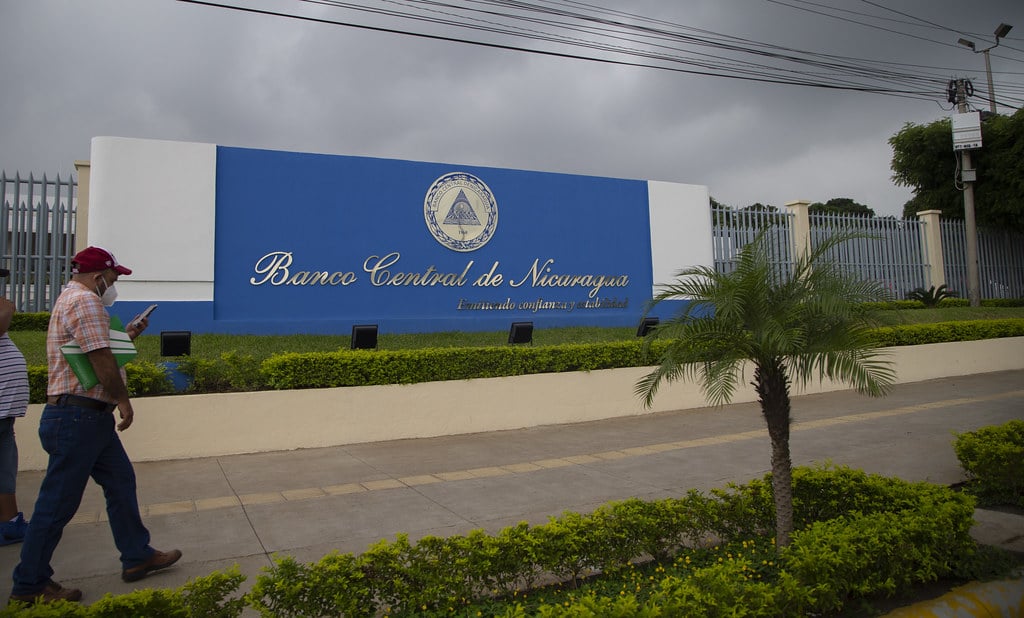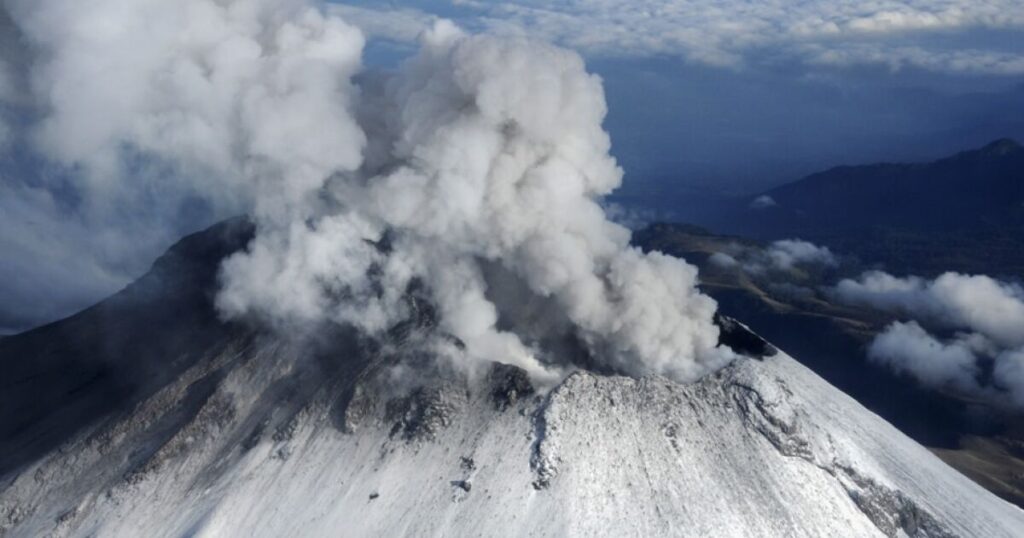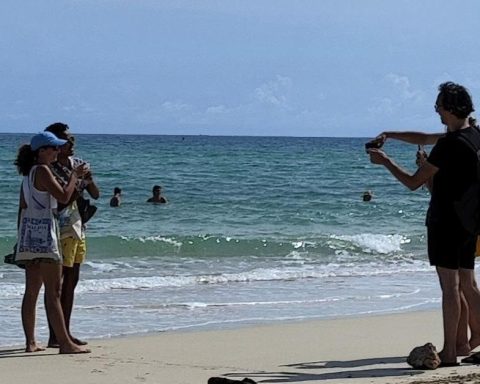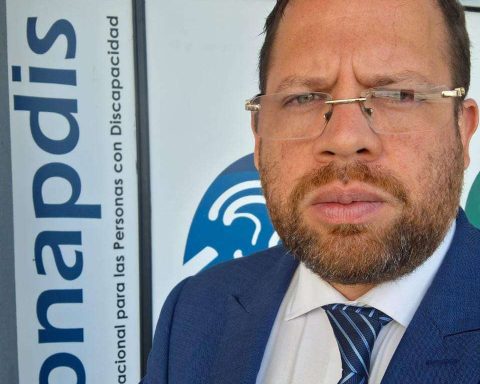The Financial Action Task Force (FATF) voted to keep Nicaragua on its ‘grey list’, because the “deficiencies significant” that prevent declaring that the country satisfactorily complies with the 40 recommendations of the organization to ensure that I know combat money launderingas well as the financing of terrorism, and the proliferation of weapons of mass destruction.
The FATF was created 20 years ago and its experts periodically carry out a Mutual Evaluation Report (MER), in which they review the status of the 40 recommendations and, based on their degree of compliance, place the countries in a situation of “regular monitoring”, which applies to all, or an “intensified monitoring”, for those nations with “significant deficiencies”, as Nicaragua is at this moment.
Given its need to show itself as a country that meets international requirements, the Government of Daniel Ortega and Rosario Murillo have approved several laws –some considered confiscatory– to couple the Nicaraguan legal system with the FATF requirements, but their efforts are insufficient to get out of the “grey list”, which indicates the degree of compliance of each country and territory.
The decision on the qualification of the country was made in the plenary, held in Berlin this June, considering that “Nicaragua has substantially completed its action plan, and merits an ‘in situ’ visit to verify that the implementation of the reforms … has begun and remains … the commitment to continue implementation and improvement in the future”. The date of the visit will be conditioned by the evolution of the covid-19 pandemic.
“From the outside, it is observed that Nicaragua does not show a consistent regulatory framework to prevent the proliferation of activities such as money laundering, and has institutional weaknesses to combat this scourge, so the country is highly risky for investors, who fear that the resources placed here, may be ‘stained’ by this type of criminal activity, and that has an ‘expansive effect’, which puts the rest of the capital of that investor at risk”, said an expert source in the prevention of this type of financial crimes.
Use of laws as a “political weapon”
In recent years, the Ortega regime has approved a set of laws with the supposed objective of preventing and combating money laundering. However, they have been used to violate the right of association with the cancellation of 669 NGOs between the end of November 2018 and mid-June 2022and persecute and accuse dozens of the more than 180 political prisoners who remain in the jails of the dictatorship or under house arrest.
Among the latest laws, last March, the National Assembly -controlled by Ortega- approved the reforms and additions to the Law of Notaries and the Code of Commerce to control who are involved in all operations of “purchase, exchange and donation” of goods and properties in Nicaragua, in addition to those related to the “management of money, administration of bank accounts and creation of legal entities.”
A lawyer who is familiar with the legal system issued in the last three years to criminalize dissent, then considered that “the danger is not the reform that is being carried out, because its regulatory framework is partly adjusted to the FATF standards.”
“Where I do see substantial danger, is that this regulatory framework, like others that have been created recently, such as Law 977 itself, the Law Against Money Laundering, is instrumentalized to criminalize clients, and the lawyers and notaries themselves, involving them in the crime of money laundering”, said the specialist, and insisted on the danger of using this combo of laws as an instrument to “focus repressive actions”.
A specialist in the financial system, who agreed to explain the meaning of this FATF decision, asking to omit his name, explained that the system evaluates the effectiveness of implementation, not just changes made on paper, noting that if the regime uses the system against money laundering as a political weapon, or to attack and destroy civil society, it would show that the system itself is distorted, and that this makes it less effective.
From the evaluation to be carried out in the coming months, designed to measure the effectiveness of these changes, it will be decided whether or not Nicaragua leaves the gray list, explained the source, detailing that the evaluators will speak “not only with government agencies, but also with the ‘regulated subjects’ (banks, brokerage firms, etc.) to assess how the system acted with respect to those sanctioned by OFAC, and if they are cutting off relations with them.
Advances and setbacks
In the rating of the international financial institution, Iran and North Korea continue to lead the “red list”, while Nicaragua is on the “gray list”, along with Albania, Barbados, Burma, Burkina Faso, Cambodia, the United Arab Emirates, the Philippines, Gibraltar, Haiti, Cayman Islands, Jamaica, Jordan, Mali, Morocco, Pakistan, Panama, Senegal, Syria, South Sudan, Türkiye (Turkey), Uganda, and Yemen.
The novelty is that Malta left the “grey list”, and Gibraltar entered that list.
Since Nicaragua requested, in July 2017, that the country’s performance (measured through the approval of the necessary laws) be evaluated, it has improved.
In December of that year, six of the 40 recommendations were listed as “non-compliant”, 31 were partially or mostly compliant, and only three were fully compliant. Two years later (in December 2019), the number of “compliant” had risen from three to seven, while those partially or largely compliant rose from 31 to 33, and there was none left uncompliant. But that changed slightly when, in December 2020showed that Recommendation 15 had reverted to ‘non-compliant’ status.
Recommendation 15 refers to new technologies, and pointed out as “deficiencies” the fact that “some financial institutions are not covered by existing provisions”, and also because “there are no provisions for the country to identify and assess the risks …that may arise with respect to the development of new products and new business practices, including new shipping mechanisms, and the use of new technologies or technologies under development for new or existing products.”
The response of the regime is that it is “working on the elaboration of the applicable legal instruments, in order to get enacted”, in addition to ensuring that they have a draft Regulation for Fintech Providers of Payment Services, which they hope to approve soon, blaming “the pandemic” for the delay, despite the fact that in practice the regime approves its bills without setbacks , and with hardly any discussion, thanks to the fact that it controls the majority of Parliament.















